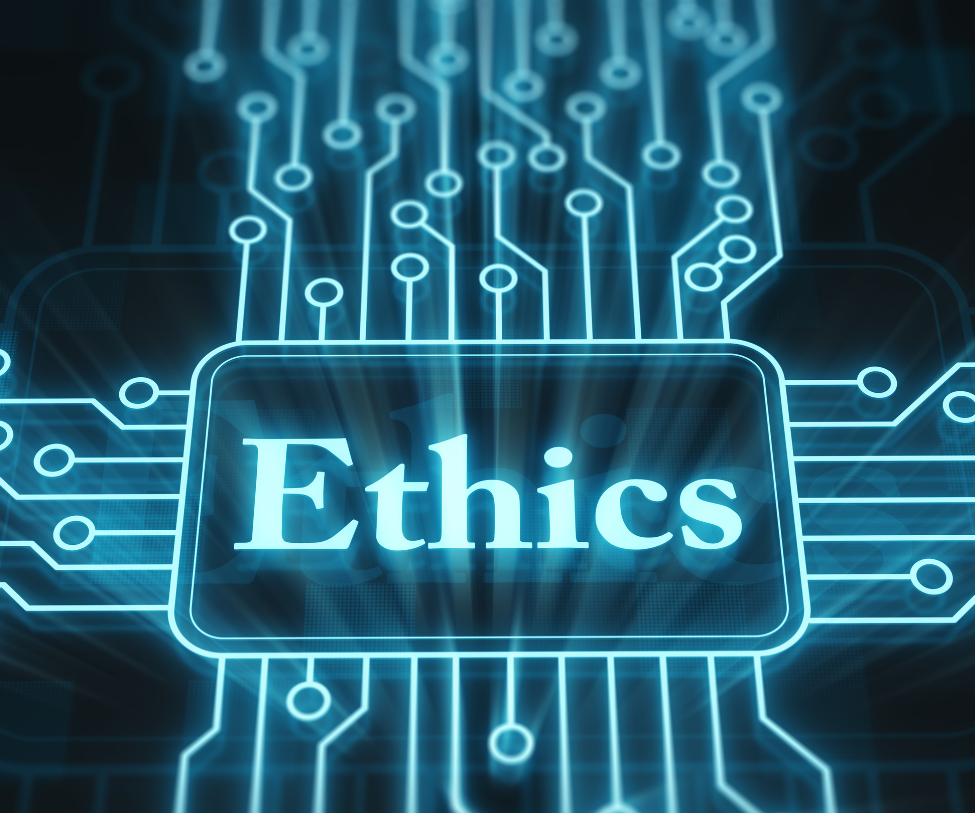A Critical Analysis of the Technological Future
Artificial intelligence (AI) is transforming modern society. It influences industries, automates processes, and enhances decision-making. However, AI raises serious ethical and moral concerns. The ability of machines to make autonomous decisions creates challenges related to responsibility, fairness, and transparency. This article explores key ethical issues surrounding AI and its impact on society, laws, and global governance.
The Issue of AI Bias
AI systems learn from data. If data contains biases, AI replicates them. This creates unfair and discriminatory decisions. For example, AI used in the judicial system may reflect racial or socioeconomic prejudices. Algorithms trained on biased historical data can negatively impact vulnerable groups.
One case in the U.S. showed AI predicting higher recidivism rates for African Americans. This highlights the need for unbiased datasets and ethical AI design. Organizations must implement strict guidelines to ensure fairness in automated decisions.
Transparency and Accountability
AI algorithms are complex. Many operate as a “black box,” making decisions without clear explanations. Lack of transparency creates distrust. People need to understand how AI decisions affect them.
For example, automated hiring and loan approval systems impact individuals’ lives. If decisions are unclear, affected users cannot challenge them. Companies must prioritize explainable AI models. Governments should introduce accountability laws to hold developers responsible. Who takes responsibility when AI makes a harmful decision? The debate continues.
AI and Job Loss
Automation replaces jobs. Many fear AI will eliminate employment, especially in manufacturing, transport, and services. While AI increases efficiency, it also disrupts labor markets.
A small number of tech companies control AI, leading to economic inequality. Governments must introduce reskilling programs. Workforce adaptation is key to a balanced transition. Policies should ensure AI benefits all, not just corporations.
Data Privacy and Surveillance
AI collects and analyzes vast amounts of personal data. This raises privacy concerns. Smart cities and AI-driven platforms track user behavior. Governments and companies use this data for various purposes.
For instance, facial recognition technology enables mass surveillance. In some countries, authorities monitor citizens constantly. The European Union’s GDPR aims to protect personal data. However, AI evolves rapidly, requiring continuous legal updates. Businesses must prioritize data protection and user consent.
AI and Misinformation
AI shapes information distribution. Algorithms influence what users see online. This can manipulate opinions. Deepfake technology and AI-generated fake news threaten democracy.
AI detection tools are essential to combat misinformation. Platforms must ensure transparency in content moderation. Users should develop critical thinking to verify sources. Educating the public on AI’s role in information control is crucial.
Conclusion: A Global Ethical Approach
Artificial Intelligence presents opportunities but also ethical challenges. A global effort is necessary to establish regulations and guidelines. Fairness, transparency, and accountability must guide AI development.
Governments, companies, and researchers must collaborate. Ethical AI ensures progress without harming society. With responsible innovation, AI can enhance lives while respecting human dignity and justice.


